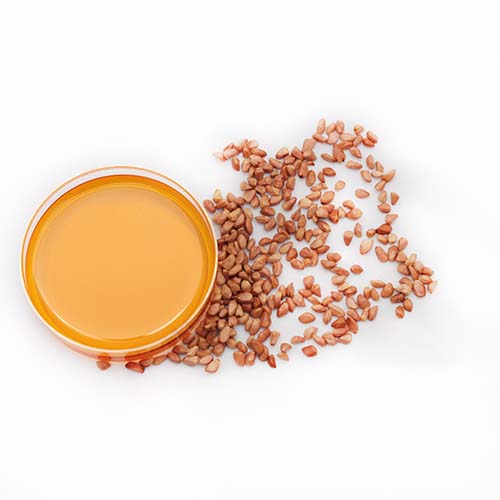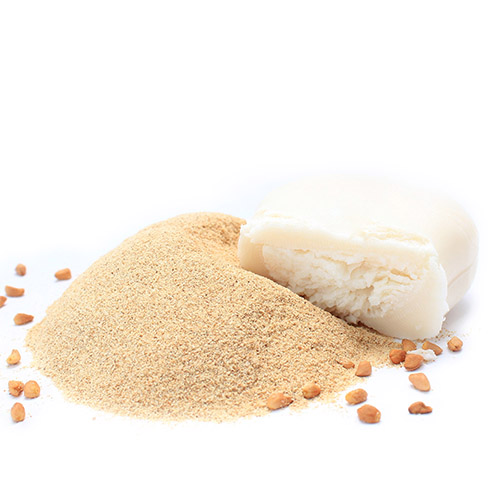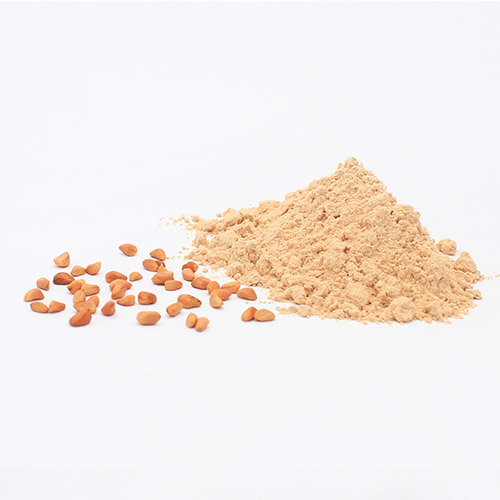While many of us consider coconut oil to be the queen of natural oils, there may be another competitor vying for the throne. If you are not familiar with rosehip oil (and its many benefits for your skin under the radar), let me assure you that it is indeed as pleasant as it sounds.
For starters, this natural oil is loved by a royal duchess. That’s right, it is confirmed that Kate Middleton and her mother, Carole Middleton, use it as part of their daily skincare routines. Kate’s pick is Trilogy’s Rosehip Oil ($ 20). Gwyneth Paltrow and Miranda Kerr have also openly confessed their love and have radiant skin. Now that we’ve addressed the fact that rosehip oil is loved by both royalty and A-listers, it’s time to find out why. To do this, we ask for the help of Kat Burki and Jeannel Astarita
Ingredient type: oil
Main benefits: brightens and smoothes the skin, regenerates and heals, helps with the production of collagen and anti-aging.
Who should use it: In general, rosehip oil is beneficial for all skin types.
How often can you use it? : It is safe to use it twice a day, morning and night.
Works well with: In general, rosehip oil can be used with most products and ingredients.
- Do not use with: Rosehip oil is rich in vitamin A, so be aware when using retinoid products.
What is rosehip oil?
Rosehip oil, also known as rosehip seed oil, is a pressed seed oil that has been valued since ancient times for its many healing properties. “Rosehip oil is the fruit of a rose from a rose plant that is extracted and processed to form an oil,” says Burki. “It is derived from the seed pods left over after the rose petals have fallen off.” Originally from Chile, rosehip oil is packed with antioxidants and essential fatty acids, as well as antimicrobial, antiviral, and antifungal properties. “It is made up of almost 89% essential fatty acids, including omega-3s, omega-6s, and omega-9s. These essential fatty acids boost rosehip oil to cells to activate and stimulate regeneration and new production of collagen and elastin, “1 mentions Burki. Rosehip oil can be applied directly to the skin or can also be used as a carrier oil for the other, more powerful facial oils. Although formulated in many skincare products, rosehip oil can often be found in its pure form to be applied directly to the skin. This oil should be packed in a dark amber bottle to protect it from UV rays, which can decrease the potency of the product if exposed.
Benefits of rosehip oil for skin
Rosehip oil is a superhero product, offering countless benefits for all skin types. From lightening the skin to improving moisture levels and elasticity, let’s take a look at all the benefits of this powerful oil.
- Regenerates and heals the skin: “Rosehip oil has high concentrations of vitamins A, B1, B2, B3 and K. It is known for its exceptional regenerative and healing properties,” Burki explains.
Increases collagen production and skin elasticity – Research shows that after eight weeks rosehip oil will show significant improvement in crow’s feet wrinkles, moisture level, and elasticity. “The vitamin A in rosehip oil reduces the activity of skin damage by slowing down the breakdown process of collagen and elastin,” Burki explains. one
- Helps brighten and soften skin: “Rosehip oil is rich in vitamin C and helps lighten skin. It also helps decrease the appearance of hyperpigmentation and inhibits free radical damage with powerful antioxidants,” Burki explains.
It has dramatic restorative powers on the skin: A study showed that using rosehip oil in patients after surgery improved the overall appearance of their scars. “Rosehip oil is often used in burn units and those with surgical scars, as it dramatically helps restore lost skin and tone,” Burki tells us. two
- Rosehip oil can be used every day, on all skin types: “It is recommended twice a day,” says Burki. “Many rosehip oil products can be applied directly to the skin.”
- Intensively hydrates and hydrates the skin: including linoleic acid, as well as several other essential fatty acids, rosehip oil is the choice for acute hydration. It also blocks moisture and is easily absorbed by the skin.
- Soothes inflammation: Rich in vitamin E and anthocyanin, two ingredients that can soothe and soothe irritation, rosehip oil can be very beneficial for people with rosacea, eczema, and other inflammatory skin problems.
Side effects of rosehip oil
Rosehip oil has no known side effects and is generally safe for all skin types. However, a patch test should always be performed before adding any new product to your daily routine. As we mentioned earlier, Jeannel advises you to use rosehip oil and retinoids along with caution.
How to use rosehip oil
Rosehip oil can be used up to twice a day, morning and afternoon. The most popular way to use this oil is by applying it directly to the skin or adding it to your favorite moisturizer. However, you can also use rosehip as a carrier when using another powerful oil of choice. Make sure you store it in a cool, dark place to make sure it doesn’t go rancid.
Credits: Byrdie.com





